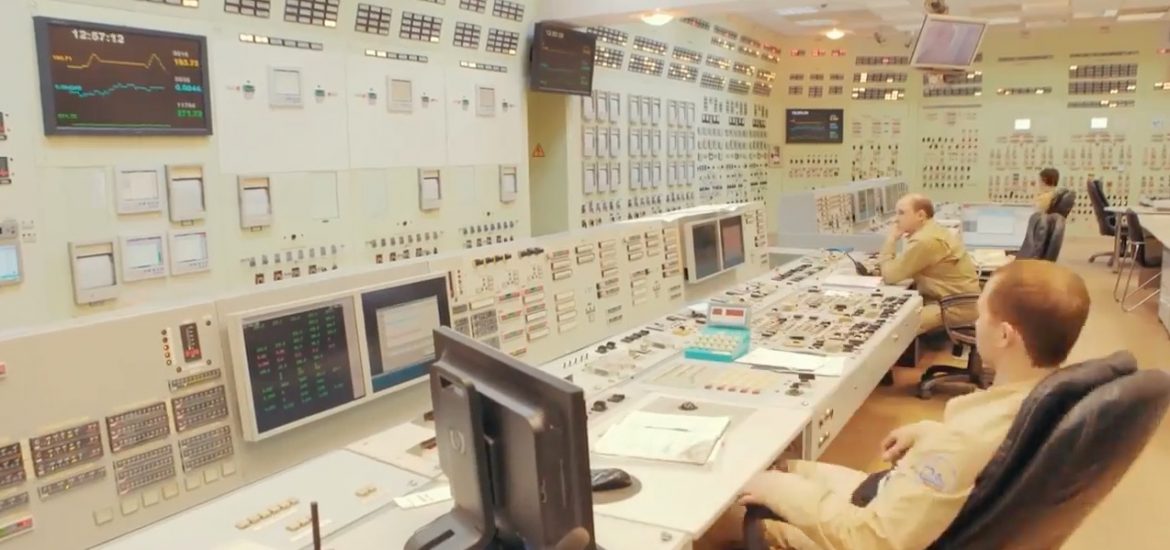
Russia is building a network of nuclear reactors across the world that is helping to extend Moscow’s influence into global energy markets as it offers competitive deals and a comprehensive service, including the provision of plutonium.
Kirill Komarov, deputy CEO of the state-run nuclear agency Rosatom, told the media: “We are the ultimate leader in the majority of nuclear sectors.
“In the last 11 years, we have commissioned 13 new nuclear plants, which is probably the biggest number in the world, even compared to the increase from our Chinese friends.”
Rosatom has eight reactors under construction domestically and 35 at different stages globally. It exports the most nuclear fuels and is the second largest reactor operator after France’s EDF. The majority of these projects are under construction in the developing world, with Sudan now ordering a copy of the Akademik Lomonosov, Russia’s floating nuclear power plant.
Komarov, who is head of the World Nuclear Association, said: “These are the countries which show the strongest economic growth. China, India, Southeast Asia, countries in the Middle East region. We see countries on the African continent and Latin America.”
Rosatom is offering solutions to developing countries to enable them to negotiate the regulatory challenges involved with going nuclear.
“We are a unique company in that we have activities in all areas of the nuclear business; starting with mining of natural uranium, enrichment fuel fabrication, developing our own nuclear equipment, the construction of nuclear power plants, the decommissioning, waste management… everything,” Komarov told the media.
Nuclear power generated roughly half of Ukraine’s total electricity generation, relying 100 per cent on Rosatom’s expertise. Despite the 2014 invasion of Crimea and eastern Ukraine, this relationship between Kiev and Moscow remains intact.
Russian nuclear expansion has unsettled the west. The European Commission protested against Hungary’s 2014 decision to award the €12 billion Paks II nuclear contract to Rosatom without opening bidding from other vendors and using funding from a Russian loan.
In Armenia, Russia will finance 95 per cent of a €5-billion Rosatom nuclear plant and in Belarus, another €5-billion station is being built, entirely financed by Moscow, with the first reactor due to open at the end of next year and the second in 2020.
Belarus’ first nuclear power station near the town of Ostrovets in the Grodno region is due to have a capacity of 2.4 gigawatts.
Atomstroiexport, part of Rosatom, is the general contractor for the construction, according to Kremlin mouthpiece Tass.
Rosatom’s expertise is spreading around the world. Picture credit: YouTube





